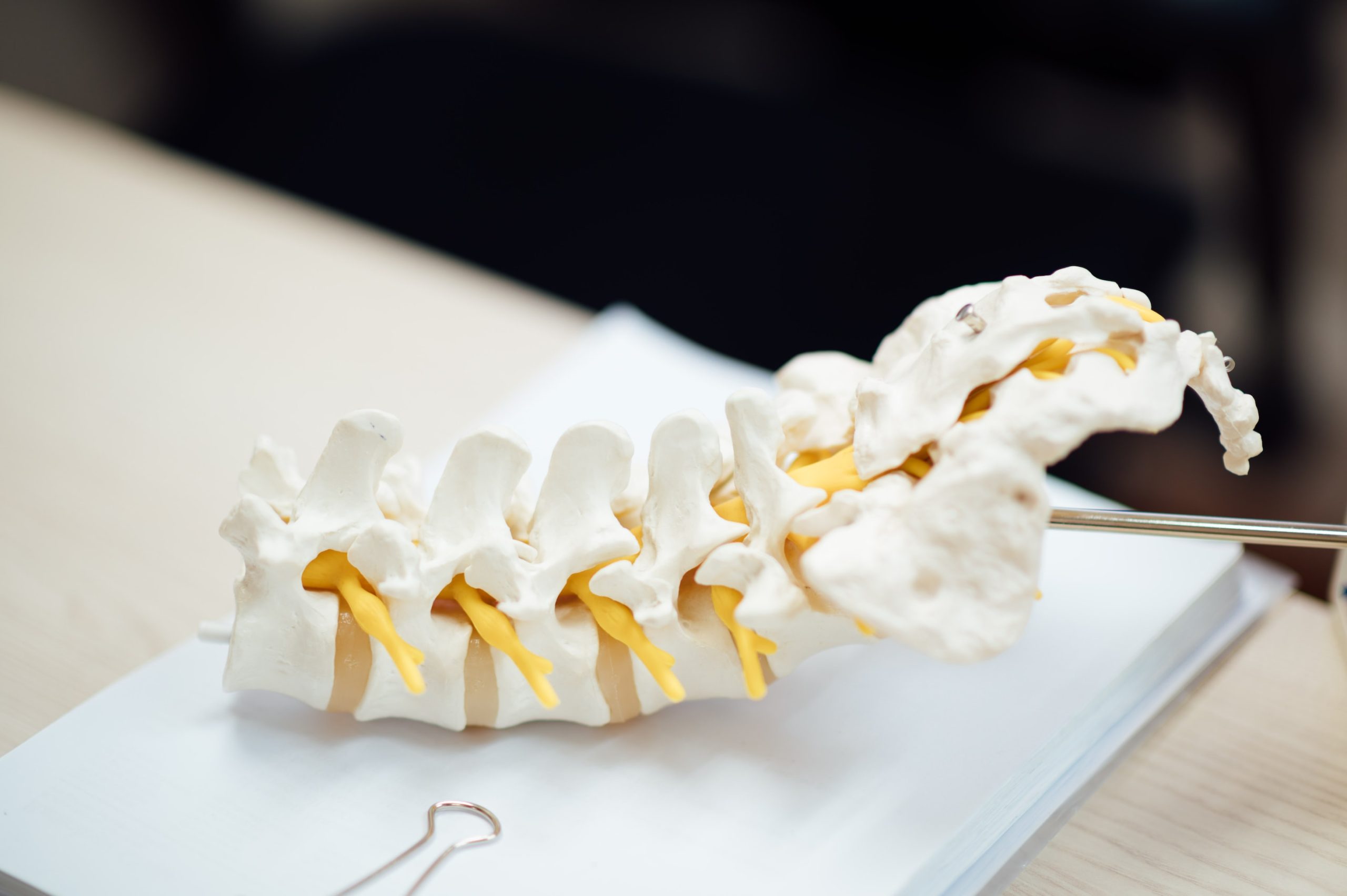
Spinal health is a cornerstone of overall well-being, playing a critical role in mobility, comfort, and the performance of daily activities. However, spinal challenges, whether arising from injury, degenerative disorders, or lifestyle habits, can significantly impact one’s quality of life. Managing these challenges requires a comprehensive approach that extends beyond medical treatments. This includes vital lifestyle adaptations that foster spinal health and mitigate the adverse effects of spinal issues. This guide delves into the importance of lifestyle adaptations in managing spinal challenges and provides practical tips for achieving optimal spinal health. A lot of people tend to overlook the impact of lifestyle choices on their spinal health. However, making simple changes and adopting new habits can make a world of difference.
Adopting Ergonomics As A Key to Spinal Health
Ergonomics is the science of designing and arranging things people use so that people and things interact most efficiently and safely. In the context of spinal health, ergonomics plays a vital role. It involves refining the setup of our workstations and how we conduct our daily activities to prevent stress on our spine. For example, implementing a chair with proper back support, maintaining the computer monitor at eye level, and taking periodic breaks to stretch can greatly alleviate strain on our spine. Incorporating these ergonomic practices into our lifestyle can not only alleviate existing spinal issues but also prevent potential spinal problems.
Strengthening and Stretching our Spine
Regular physical activity is crucial for maintaining spinal health. Engaging in appropriate exercises can strengthen the core muscles, improve flexibility, and promote proper posture, all of which contribute to a healthy spine. Simple stretches like toe touches, pelvic tilts, and shoulder rolls can be incorporated into one’s daily routine to keep the spine mobile and flexible. Additionally, incorporating strength training exercises like planks, superman, and bridges can strengthen the muscles that support the spine, reducing the risk of injuries and degenerative conditions.
On the other hand, it is essential to avoid activities that put excessive strain on the spine, such as heavy lifting and high-impact sports, as these can worsen existing spinal issues or lead to new ones. Consult with a medical professional or a physical therapist to determine the most suitable exercises for your specific spinal condition.
The Imperative of Consultation with a Neurosurgeon

To effectively manage spinal challenges, making lifestyle adaptations is crucial. However, it is of utmost importance to seek guidance from a medical professional to create a comprehensive treatment plan. A neurosurgeon, in particular, specializes in the diagnosis and treatment of conditions affecting the central nervous system, including the spine. They can provide valuable insights into your specific condition and recommend appropriate lifestyle changes and medical treatments. Namely, when you decide to consult a neurosurgeon Randwick has to offer, go through their credentials and specialized areas of practice to ensure you receive the best possible care. The right neurosurgeon can guide you through your spinal health journey and assist in making necessary adjustments to your lifestyle to manage spinal challenges effectively.
Nutrition and Spinal Health
Maintaining a healthy diet is paramount for overall health, including spinal health. Consuming a well-balanced diet rich in nutrients can facilitate tissue repair, diminish inflammation, and enhance bone density, all of which are crucial for optimal bone and spinal health. Ensuring adequate intake of calcium, vitamin D, and magnesium is particularly essential for maintaining robust bones. Furthermore, reducing the consumption of processed foods and incorporating anti-inflammatory foods such as fatty fish, leafy greens, and nuts can help alleviate spinal inflammation that may worsen spinal conditions. If your spinal challenges require specific dietary modifications, consult a nutritionist to create an individualized meal plan that supports your spinal health.
Mind-Body Connection
The mind-body connection has been gaining recognition in recent years as a critical factor in managing various health conditions, including those related to the spine. Stress and anxiety have been linked to worsening spinal pain and movement impairments. Hence, integrating relaxation techniques such as meditation, yoga, and deep breathing exercises can effectively alleviate stress and enhance spinal health. These practices can also promote mindfulness and body awareness, enabling individuals to make conscious lifestyle choices that support their spinal health.
Regular Check-ups and Continuous Monitoring
Regular medical check-ups play a crucial role in the management of spinal health. These sessions provide healthcare professionals with an opportunity to monitor progress, identify any new or worsening issues, and adjust treatment plans accordingly. Continuous monitoring also enables early detection of potential problems, leading to more effective intervention and improved prognosis. It’s not just about reacting to existing spinal challenges; it’s about proactively preventing them. These check-ups also offer individuals a platform to discuss any concerns or difficulties they may be experiencing, ensuring that lifestyle adaptations are both feasible and beneficial.
Drawing to a close, it’s clear that tackling spinal challenges involves more than just medical treatments. It requires a holistic strategy founded on lifestyle adaptations that promote spinal health. By adopting ergonomics, engaging in regular physical activity, nurturing the mind-body connection, maintaining a healthy diet, and seeking regular medical check-ups, we can effectively manage our spinal health. It’s important to remember that every individual’s journey with spinal health is unique. Therefore, seeking professional advice from healthcare providers like neurosurgeons or nutritionists is crucial. Ultimately, the road to optimal spinal health is a continuous journey, not a destination. The choices we make in our daily lives can significantly contribute to the quality of this journey, guided by the understanding that our spinal health is an invaluable part of overall well-being.



